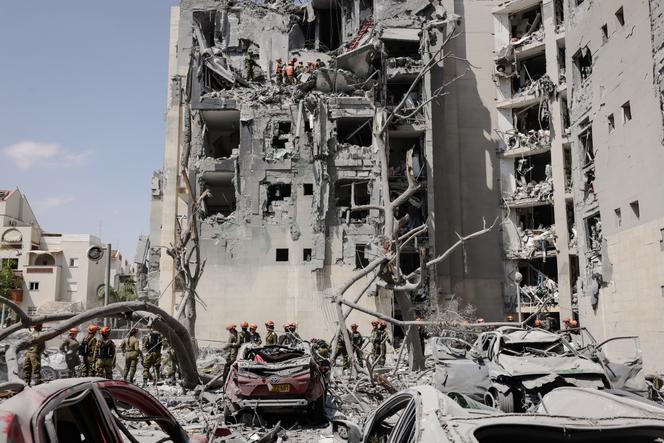


Israel woke up to the sound of alerts on Tuesday, June 24. First, cell phone notifications announced that Donald Trump had brokered an overnight ceasefire between Iran, Israel and the United States. Then, air raid sirens from the civil defense warned of incoming Iranian missiles headed toward Israel.
Shortly after 8:30 am local time, the Israeli government announced that it had "achieved all of the objectives" of the operation and had agreed in principle to a ceasefire with Iran. "Israel has removed from over it a double existential threat – on both the nuclear issue and regarding ballistic missiles," the government said in a statement issued after a meeting of the security cabinet, the chief of the General Staff and the head of Mossad. The military "also achieved complete air superiority in the skies over Tehran, struck a severe blow to the military leadership and destroyed dozens of Iran's main regime targets," the statement added, describing it as a "tremendous victory."
Hostilities continued up to the final moments before the theoretical start of the ceasefire at 7 am (Israeli time). Between 5 am and 7 am, Iran launched six successive missile barrages, forcing millions of Israelis into shelters. One missile struck a seven-story residential building in Beersheba, in the south of the country, killing four people and injuring about 20 others, according to a preliminary tally.
You have 64.64% of this article left to read. The rest is for subscribers only.
